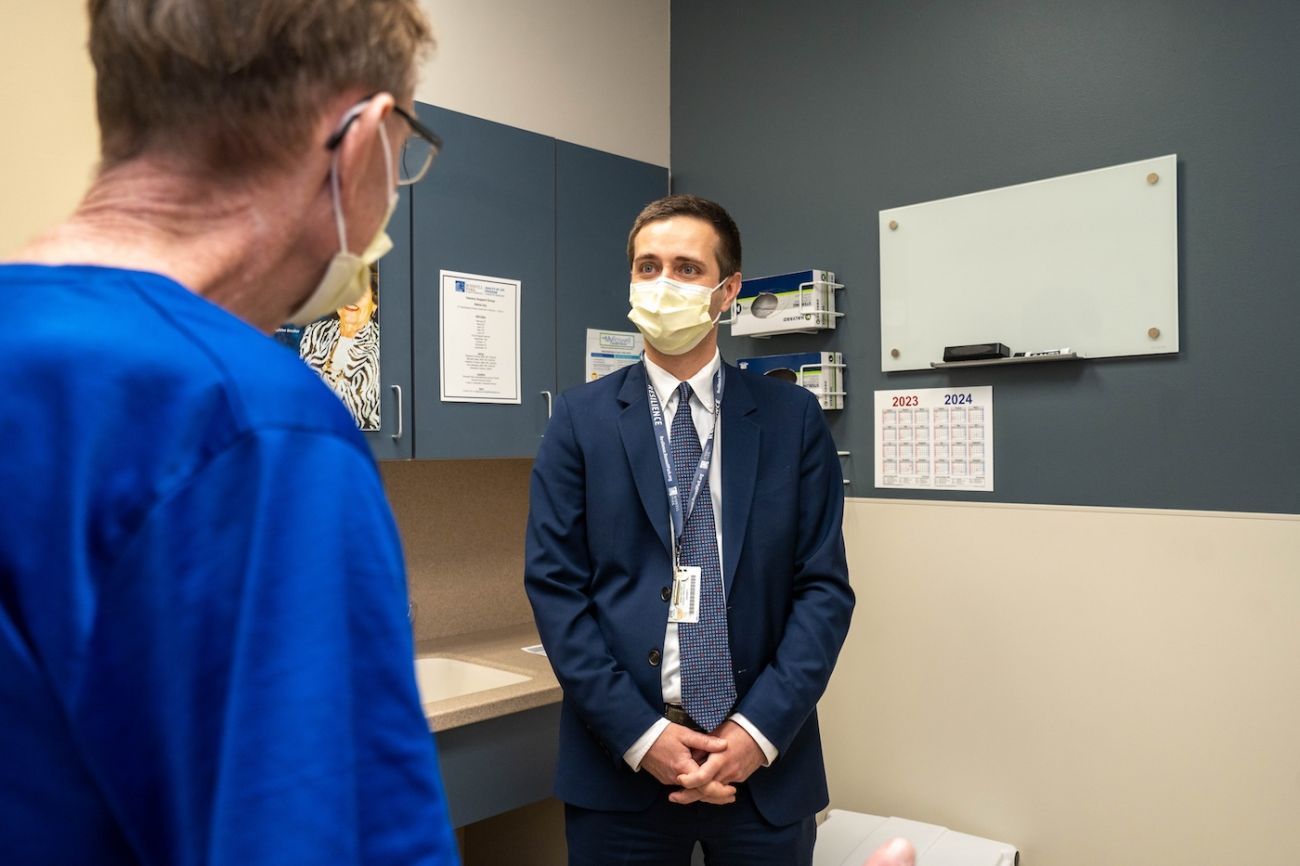You can reduce your risk for developing liver cancer by taking steps to address any modifiable risk factors. These may include:
- Prevent hepatitis B infection by getting the hepatitis B vaccine
- Seek treatment for hepatitis C infection. Hepatitis C can now be effectively treated with medication.
- Avoid heavy alcohol use. Drinking more than two alcoholic beverages a day for years raises the risk of developing liver cancer, particularly among people with hepatitis B or C infection.
- Maintain a healthy weight. Obesity and diabetes are related to fatty liver disease, and a severe form of this, called nonalcoholic steatohepatitis (NASH), can lead to an inflamed liver and cirrhosis. People with cirrhosis due to NASH have a 6-7% chance of developing liver cancer within 10 years.
Liver cancer screening
Currently, there is no effective screening test for the general population. However, the typical bloodwork that’s part of an annual checkup with your primary physician, includes tests that measure liver function. Abnormal results will alert your physician to determine the cause.
People who face a higher risk for liver cancer due to hepatitis infection, cirrhosis or other problems with their liver, should undergo additional tests as part of their routine health care, such as:
- Ultrasound imaging of the liver
- Blood tests to measure alpha-fetoprotein (AFP)
